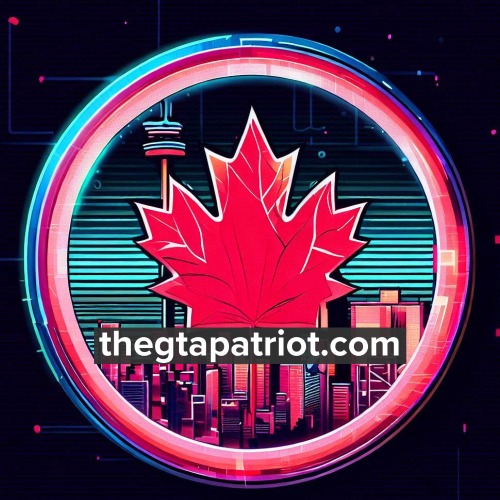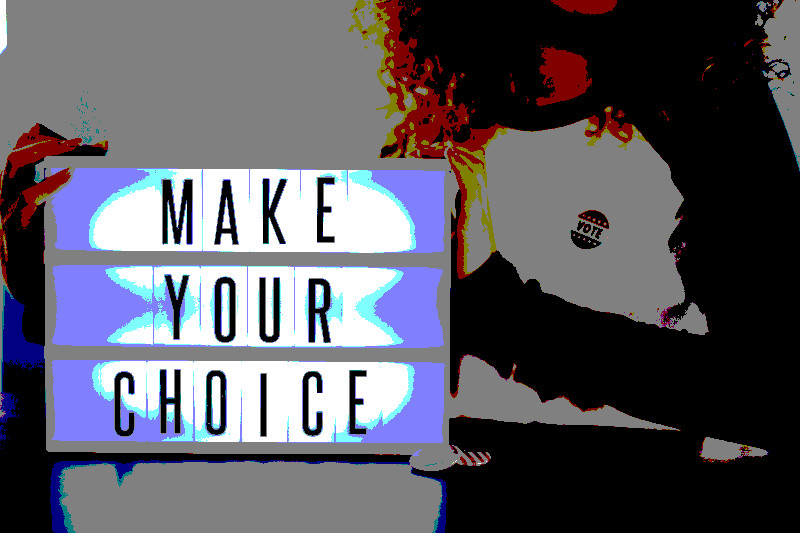As the countdown to Toronto’s mayoral election begins, the city finds itself at a critical juncture. With pressing issues like the relocation of The Ontario Science Centre, bike lanes, traffic congestion, violence on the TTC, and the lack of affordable housing, residents face a crucial decision about the leader who will shape the city’s future. In this blog post, we’ll explore the platforms of the leading candidates and ponder the question of whether the mayor will have the autonomy to act or if their decisions will be influenced from Queens Park.
Olivia Chow: A Progressive Vision for Change
Olivia Chow emerges as a front-runner in the mayoral race, offering a progressive agenda aimed at addressing the diverse needs of Toronto’s residents. With a focus on affordable housing and improving public transit, Chow aims to make the city more accessible and equitable. Her promise to prioritize community engagement and inclusion resonates with many who believe in building a more cohesive and vibrant Toronto.
Exploring More Conservative Solutions
While left-leaning candidates like Chow dominate the race, it’s crucial to consider the perspectives of those on the right. These candidates often emphasize fiscal responsibility, cost-cutting measures, and business-friendly policies. Their platforms focus on reducing congestion, streamlining bureaucracy, and attracting investment to spur economic growth. It’s important to weigh these perspectives against the city’s social and environmental needs. With the cost of living going up can Toronto afford a tax heavy candidate on the left?
The Queen’s Park Factor: Autonomy vs. Influence
The question of whether the mayor will be able to get things done or if their decisions will be controlled from Queens Park looms over the election. While Toronto’s mayor holds significant powers, the relationship with the provincial government can impact the implementation of policies and funding for crucial projects. Understanding this dynamic is essential for voters in assessing the feasibility of a candidate’s platform and their ability to navigate these complexities. With John Tory, a possibly ally, leaving Doug Ford has already indicated who he’d prefer as Mayor of Toronto.
Empowering Voters: Combating Low Turnout
 Toronto has grappled with low voter turnout in past elections, undermining the democratic process and limiting diverse perspectives. Encouragingly, the current mayoral race has sparked significant public interest. However, it is vital for voters to remain engaged, seek out comprehensive information about each candidate, and cast their votes based on a clear understanding of the issues and potential solutions.
Toronto has grappled with low voter turnout in past elections, undermining the democratic process and limiting diverse perspectives. Encouragingly, the current mayoral race has sparked significant public interest. However, it is vital for voters to remain engaged, seek out comprehensive information about each candidate, and cast their votes based on a clear understanding of the issues and potential solutions.
You Have 18 Days To Know Your Candidates Toronto
With just 18 days remaining until the mayoral election, Torontonians face a crucial decision that will shape the city’s future. The leading candidates, such as Olivia Chow, present diverse platforms and visions for addressing the pressing issues facing the city. Understanding the balance between mayoral autonomy and the influence of Queens Park is key to assessing the viability of each candidate’s promises. As the countdown continues, let’s engage with the candidates’ platforms, hold them accountable, and exercise our right to vote to ensure a prosperous and inclusive future for Toronto. Watch as we post candidate platforms over the next couple of days.
https://www.cbc.ca/news/canada/toronto/toronto-mayoral-debate-cbc-1.6866837



